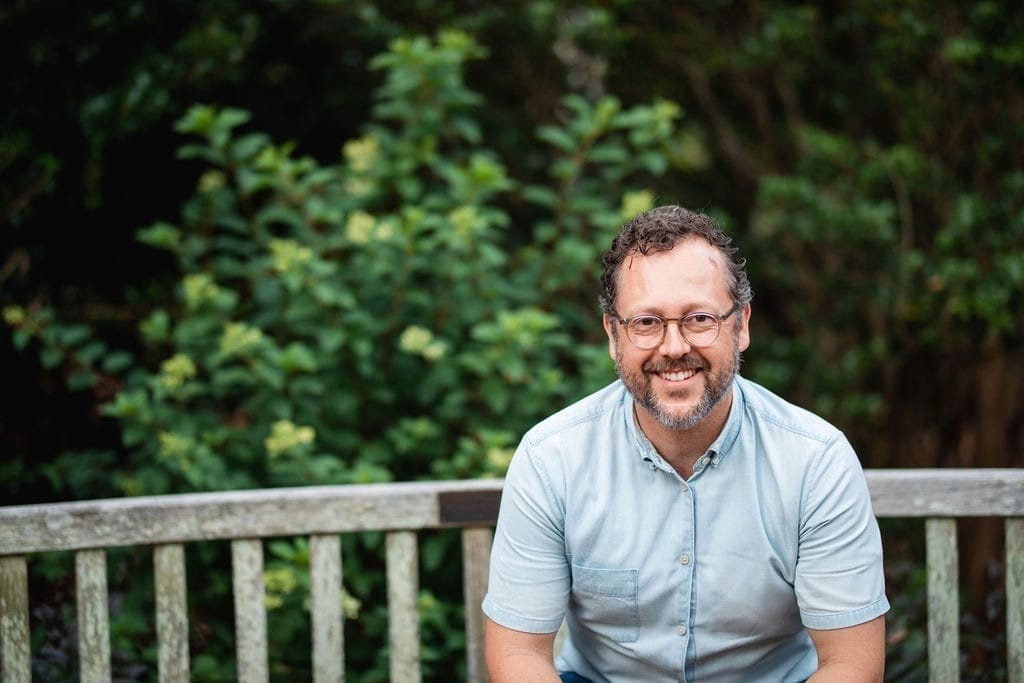No one can celebrate
a genuine Christmas
without being truly poor.
The self-sufficient, the proud,
those who, because they have
everything, look down on others,
those who have no need
even of God – for them there
will be no Christmas.
Only the poor, the hungry,
those who need someone
to

